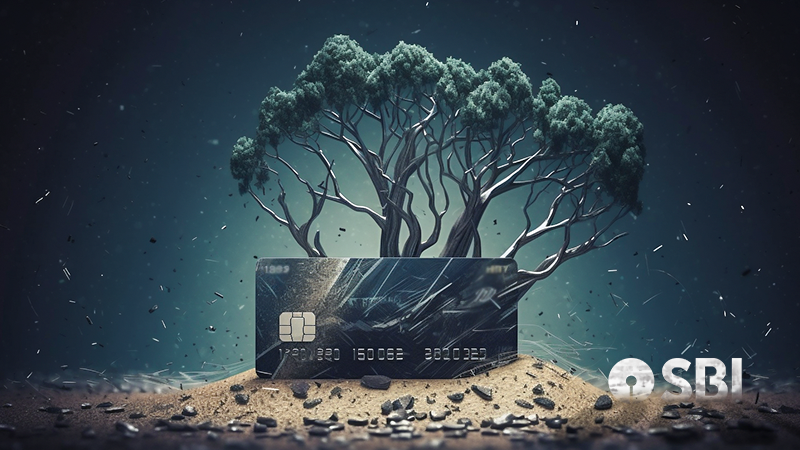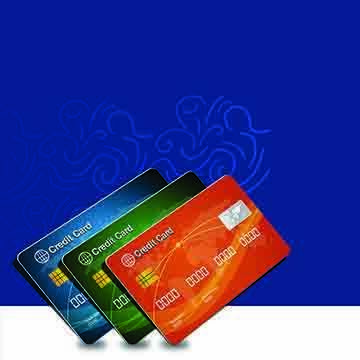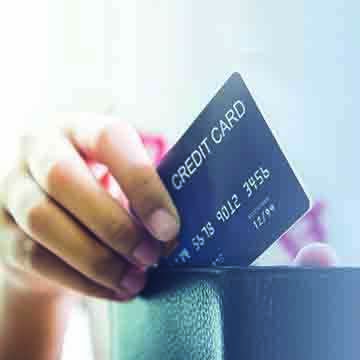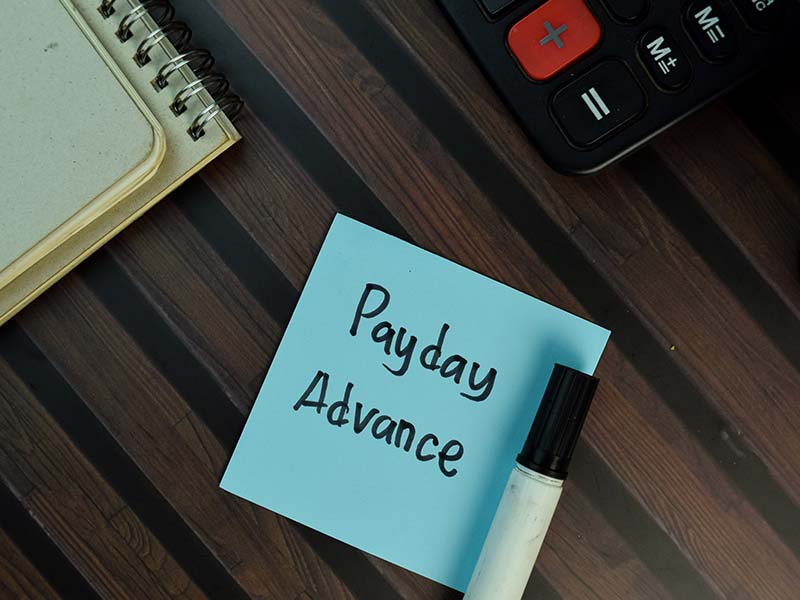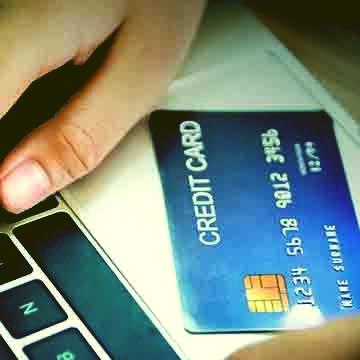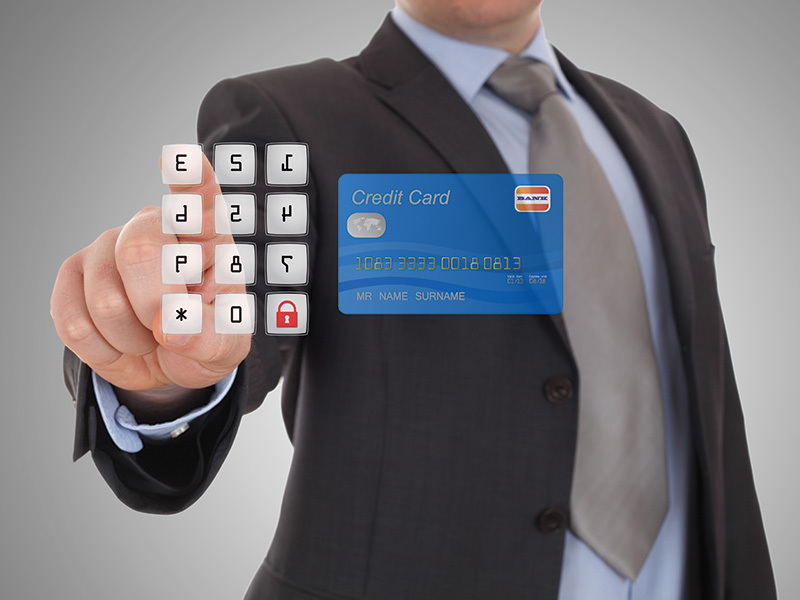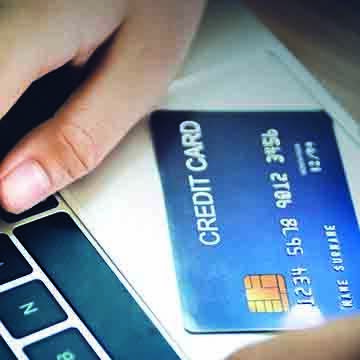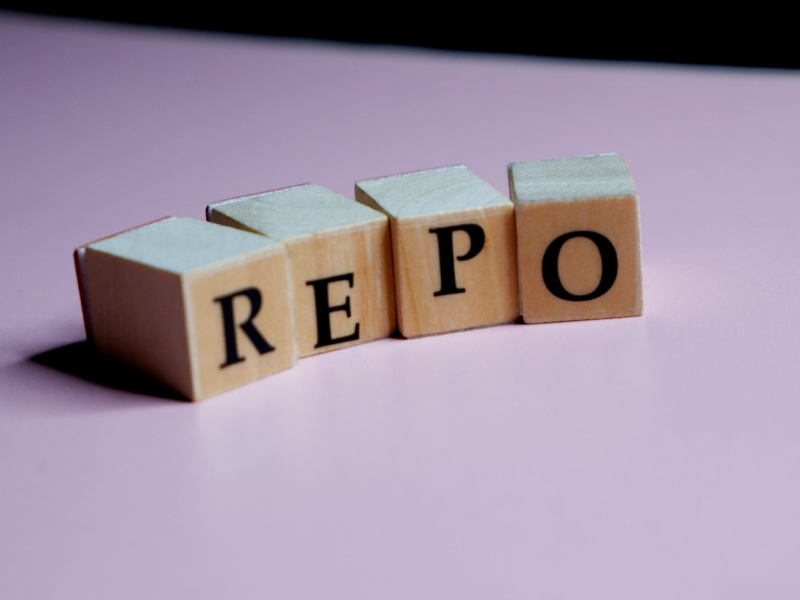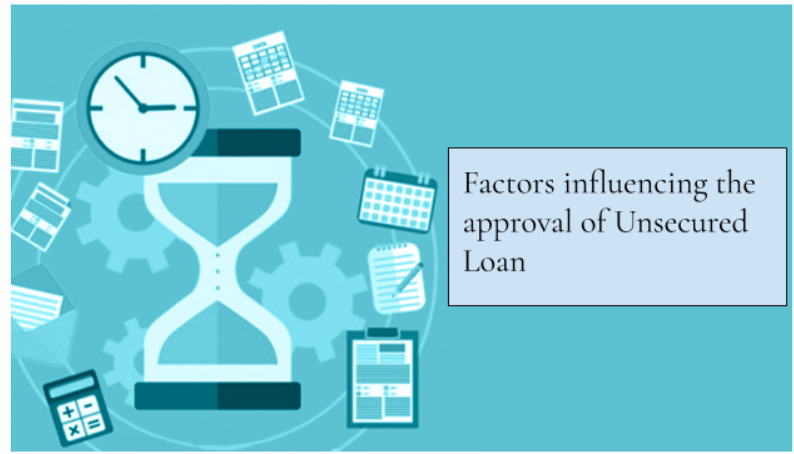
It’s not a salary that makes you rich, it’s your spending habits.”
-Charles A. Jaffe.
What is an unsecured loan?
An unsecured loan is a loan that is not backed by collateral to guarantee the repayment. Unsecured loans are given on the creditworthiness of the person. The creditworthiness of the borrower is assessed based on the five C’s of credit: character, capacity, capital, collateral, and conditions. An example is unsecured loans are credit card purchases, personal loans, and student loans.
What are the factors influencing the approval of an unsecured loan?
1. Job-status
A lender or a bank will be interested to know that you are a salaried person or a self-employed person. One should have a steady source of income every month. On the other hand, if you are a salaried person, you have to provide your offer letter from the current organization as well as the salary payslips. In case you are self – employed, you would be asked to show proof of continuity of business and proof of ownership.
2. Income
Banks and other lenders do check that if a borrower can repay the borrowed amount or not. The lenders check for a minimum amount of income and then grant the loan. Borrowers can be asked to show payslips, offer letters, bank statements, and income tax returns to verify your income details.
3. Credit history
Lenders look at your previous credit behaviour to know the repayment ability. They make sure that the person who is applying for a loan is financially stable and can pay back the loan amount. With a high credit score, one has more chances of getting an unsecured loan application approved.
How to apply for an unsecured loan?
- Branch office: One can visit the lender branch office to apply for a loan.
- Company website: Almost all the top lenders in the market now provide their services through their websites. One can visit the official website of the bank and can apply for a loan.
- Loan aggregators: There are third party loan aggregators that can help you to find the best deals available in the market.
Eligibility criteria
- The applicant should be stable in a job. A person with a regular employment record is more eligible for an unsecured loan.
- Salaried individual with a minimum of 2 years of professional service or a self-employed person with a minimum of 5 years of earning tenure.
- Age should be above 21 years and below 60 for salaried borrowers. And between 25 and 65 years for self-employed individuals.
- The credit history of the customer is taken into account so the bank gets a clear hunch that is this person can pay back the amount.
- They do consider pending EMIs from other loans and according to that, they would be considering your eligibility.
Current financial statements play a vital role in determining loan eligibility.
Documents required for salaried applicants:
- The loan application form duly filled.
- Copy of passport size photographs who are applying for a loan
- Identity proof – Passport, Driving License, Voter ID, PAN card (any one of them)
- Proof of residence- Passport
- Salary slip for the last 3 or last 6 months.
Documents required for self-employed applicants:
- Office address proof for a self-employed person.
- Processing fee cheque
- Application form duly filled
- Identity proof – Passport, Driving License, Voter ID, PAN card (any one of them)
- Proof of residence- passport
- Copy of passport size photographs who are applying for a loan
#Important Pointer
Lenders will check your credit score before granting you the loan. They will study your repayment ability too. If you have a high credit score, only then banks will grant you a loan. Your income status will also be checked so that those individuals who are with low income do not apply for a loan. Lenders will make sure that the person who is applying is a salaried or self-employed person. If you are applying for an unsecured loan, you should consider these rules so that your loan application does not get rejected.















